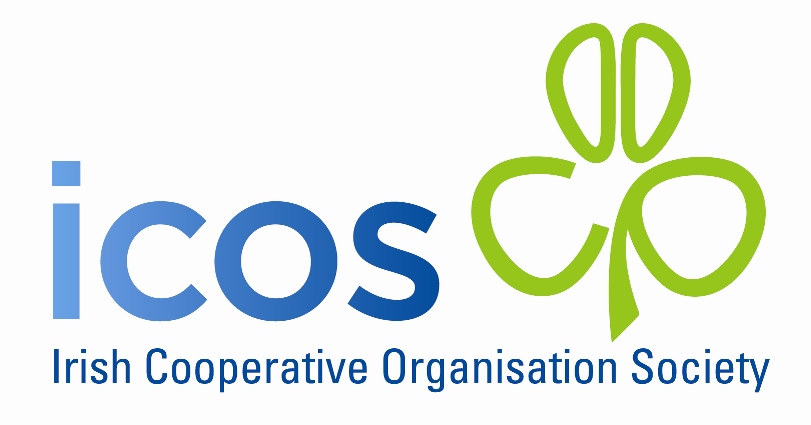Meat factory concessions are long overdue

On behalf of the co-operative marts sector, ICOS is participating in the beef industry talks taking place at Backweston between farmers, factories and officials from the Department of Agriculture.
ICOS has for years been calling out the meat industry for its practices in relation to the Quality Payment System and its unreasonable restrictions on animal movements which are used to penalise farmers.
It is sad that it has taken a major market downturn and direct suffering among beef farmers to bring the factories to the table with long overdue concessions.
Current measures by the factories radically exceed the provisions of the Bord Bia Beef and Lamb Quality Assurance Scheme which allows for movements between quality assured farms during the final 70 day period prior to slaughter. These practices stop free trade in animals even though the livestock are compliant with the relevant regulations in Ireland and the UK. This has subverted fair competition for livestock and has distorted trade and pricing in Ireland and the UK.
Through their ‘conditions’, the factories discriminate against livestock marts where they have effectively removed the trade in factory fit animals from the marts. It is common practice in marts, while adhering fully to all animal transfer and traceability regulations, for an animal to be sold from farm to farm as it moves through fattening and onto slaughter. The so called ‘quality standards’ force farmers to forego selling through the marts system which has served to undermine free trade and proper price transparency.
Irish factories have also developed very large feedlots which can have a throughput of tens of thousands of animals. This gives processors the capacity to increase supply at times of peak demand and to dampen market prices.
Beef farmers are living in truly extraordinary times where the entire sector is being assailed from every direction with a consequent undermining of prices below an economically viable threshold for farming families.
Farmers are also victim to a range of contradictions and anomalies where, on the one hand we see the much needed BEAM scheme being launched; on the other there has recently been calls for the national suckler herd to be sacrificed to mitigate climate change.
Meanwhile, inefficiently produced Brazilian beef gains market access at a time when there is unconfined felling of the rain forests in that country. Then there is the dire prospect of a no-deal Brexit which is an appalling scenario to contemplate. When you couple all of that with the stranglehold that the meat factories have on the market, you have a perfect storm.
The co-operative marts enable free trade between farmers on a transparent basis, with guaranteed payment, and they help to maximise the value of livestock sales and products.
The entire establishment including the EU, the Government and the meat industry must now act ever more strongly to enable market supports, to maximise prices for farmers and to ensure the future viability of the quality Irish beef sector.